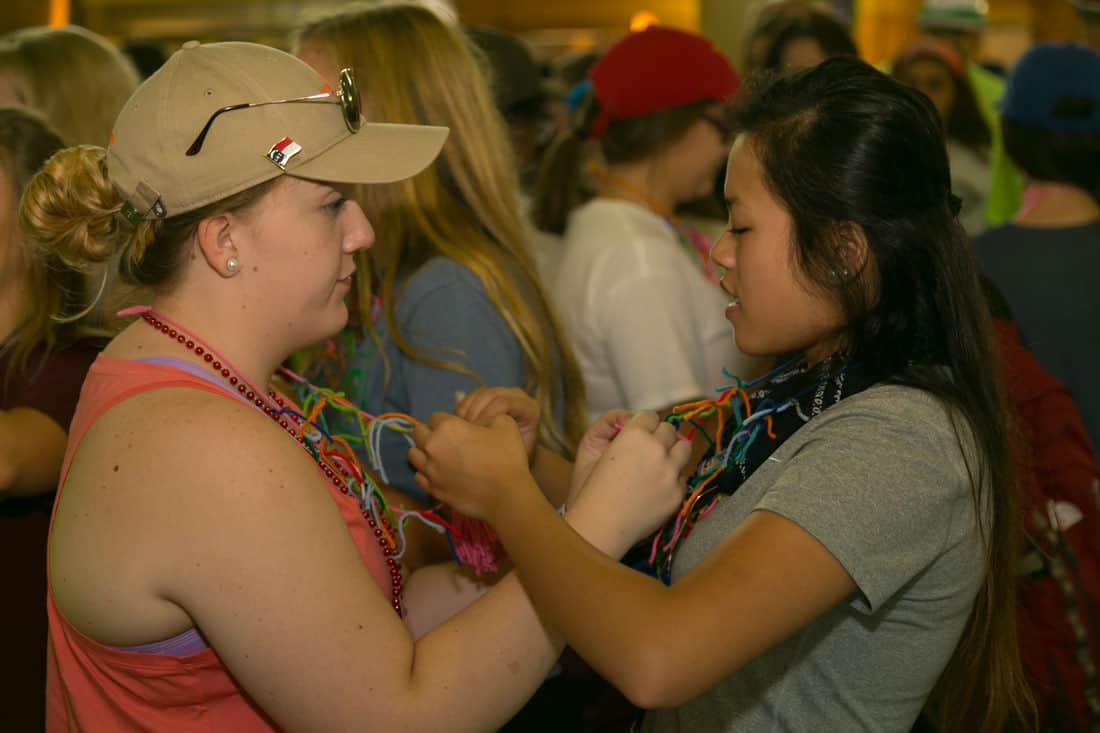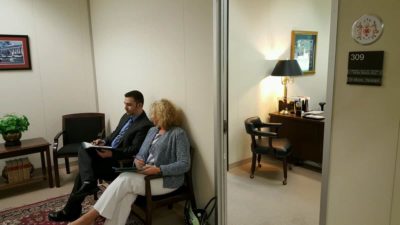Every second week of July students come from across our state to the little town of Mars Hill for a week of leadership lessons that will last a lifetime. For the past 57 years, the N.C. Association of Student Councils has hosted a Summer Workshop where “everything they do, has a purpose” and the teachings from the staff are designed to aid in students’ leadership development to enhance their school community.
Having been a co-adviser for my school’s student council the past two years, I have attended the organization’s state conventions, participated in the volunteer service day at Victory Junction, and heard the chants and cheers of this (what many have jokingly referred to as) cult-like group. But none of that compared to my experience with this carefully planned out program.
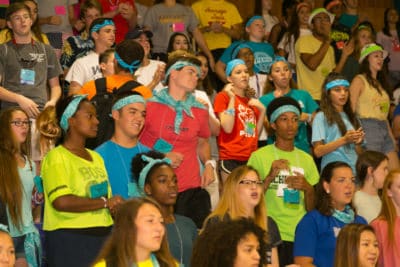

When students arrive they are split into council groups, with two junior counselors and an adult adviser. Each council creates their ideal school, mascot and all, and begins holding elections for leadership positions. Newly elected officers are then responsible for running council meetings.
The councils create a banquet committee, installing a chair who will oversee the progress. Banquet committees are granted a $15 budget for decorations that best encompass the spirit of their school, while other members of the council work on final presentations of a particular leadership quality every council needs to be successful. All of this is in addition to a leadership curriculum run by consultants, staff, and advisers.
In the evenings, the entire group comes together for fun activities, not lacking in leadership lessons. The second night students folk dance — yes you read that right — good ‘ole fashioned inner/outer circle rotating line dances. The organization’s executive director, Colby Cochran, cuts a rug with students and summarizes the dance as yet another way to get to know one another, but also how you must learn to lead and follow (on and off the dance floor). The third night, students are split between four groups in an Olympic event. Teams face challenging, easy-to-make games scored on timed completion and crowd sportsmanship. This reinforces the importance of positivity, even in completion, and gives students demonstrations of games they could play with their home councils.
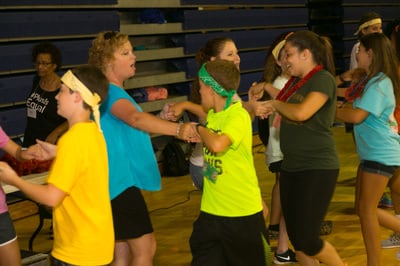

It is not hard to see the value in each of these activities: learning how to effectively work together for various tasks throughout the program, creatively working on a budget for meaningful decorations, leading meetings with clear objectives and a smooth agenda. Even the “fun” events have gems of wisdom for students to take back to their schools. Every aspect of the council work in some way contributed to events students plan during the school year at their home councils.
I saw many of my students transform in these five days “atop the hill.” A student with excess energy found ways to hone their skills for school spirit-purposes. Another student wanted to discuss ways our council could positively contribute to our school climate. A typically reserved student was making friends, vocally participating in meetings, and said to me, “I want to run for a state office.” These students were in an atmosphere that fostered goals and ideas they didn’t even know they had in them and got them excited to go back to school for student council.
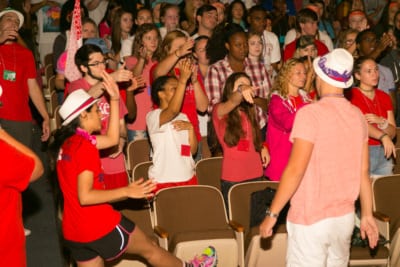

As an adviser, this is what I signed up for: students enthusiastic about the impending school year and willing to contribute to the school community. As an educator, these were the teachable moments I had imagined: students learning their leadership capability and how to use them to grow as individuals and in our council. The NCASC executive director, Cochran, says it best, “I truly do think we are the other part of education that goes unnoticed but is really an essential piece that all students deserve.”
These lessons cannot truly be learned in a classroom. Student organizations, like Student Council, foster qualities and skills that not only enhance the educational experience but are necessary for future success in the field of our students choosing. In a time where the national average budget spending on student activities (including athletics) is between one and three percent, it is imperative all of our students have access to these opportunities, whether it be student council, club and competitive sports, or the arts. These activities are not extra-curricular, but rather co-curricular.
The N.C. Association of Student Councils is the official organization for middle and high school student councils in N.C. and aims to provide opportunities to enhance student leadership development and adviser training. NCASC holds events throughout our state for middle and high school students, schools do not need to be members to participate, but members receive discounts on registration.
